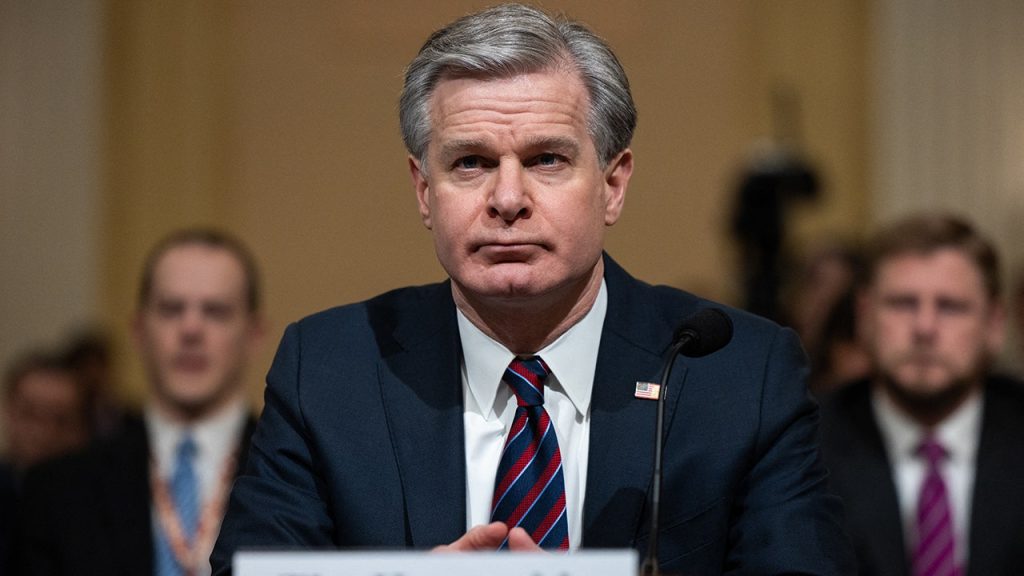FBI Director Christopher Wray will address the House Appropriations subcommittee on Thursday to highlight the “elevated threat” to U.S. public safety and national security, emphasizing the need for an increased budget to tackle these threats. Wray will express concern about the potential for individuals in the U.S. to draw inspiration from the ongoing Israel-Hamas conflict and carry out terrorist attacks, citing the recent Russia Concert Hall attack as an example. He will urge Congress to reauthorize Section 702 of the Foreign Intelligence Surveillance Act (FISA) before it expires on April 19, describing it as an essential tool in combating foreign adversaries.
Section 702 of FISA has been both praised for preventing terror attacks on U.S. soil and criticized for potentially violating the privacy of U.S. citizens. The FBI has faced accusations of improperly using Section 702 to surveil Black Lives Matter protesters in 2020 and individuals involved in the Capitol riot on January 6, 2021. Wray will stress the importance of reauthorizing this section, stating that it is crucial for national security efforts. He will also warn that cuts to the FBI’s budget would not only impact the agency’s operations but also affect its partnerships with state and local law enforcement, who rely on FBI resources and expertise in their own efforts to keep communities safe.
Wray will emphasize that the current threats facing the U.S. require ongoing support and resources to effectively address them, stating that this is not a time to let up or scale back efforts. He will advocate for all the tools, personnel, and resources necessary to confront these challenges and continue safeguarding American citizens. The FBI director will also highlight the collaborative efforts between FBI agents and various law enforcement agencies across the country, emphasizing the importance of maintaining strong partnerships to effectively combat threats to public safety and national security.
In his testimony, Wray will underscore the potential for coordinated attacks on U.S. soil, particularly in light of recent global events such as the Israel-Hamas conflict. He will draw attention to the need for vigilance and preparedness in the face of evolving threats, pointing to the urgency of the situation. Wray’s call for increased support from Congress reflects the ongoing challenges that law enforcement agencies are facing in addressing complex and diverse threats, underscoring the need for sustained commitment and resources to effectively protect the nation.
As the debate around reauthorizing Section 702 of FISA continues, Wray will seek to address concerns about balancing national security needs with individual privacy rights. The controversy surrounding the potential misuse of surveillance tools underscores the importance of ensuring accountability and transparency in law enforcement practices. Wray’s testimony will likely spark further discussions about the role of surveillance in counterterrorism efforts and the need for appropriate oversight to protect civil liberties. Ultimately, Wray’s message to Congress will highlight the critical role that the FBI and its partners play in safeguarding the nation and the importance of providing them with the support they need to fulfill their mission effectively.















